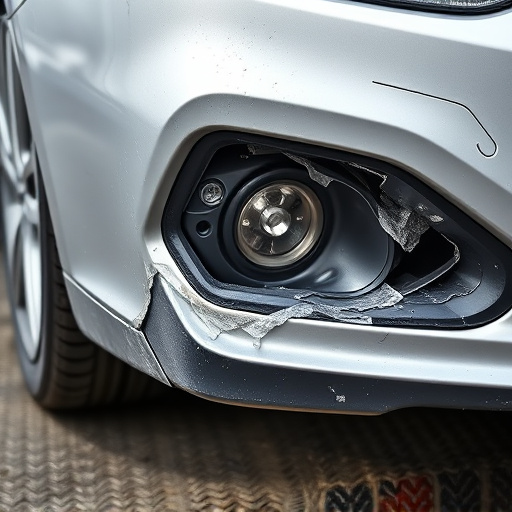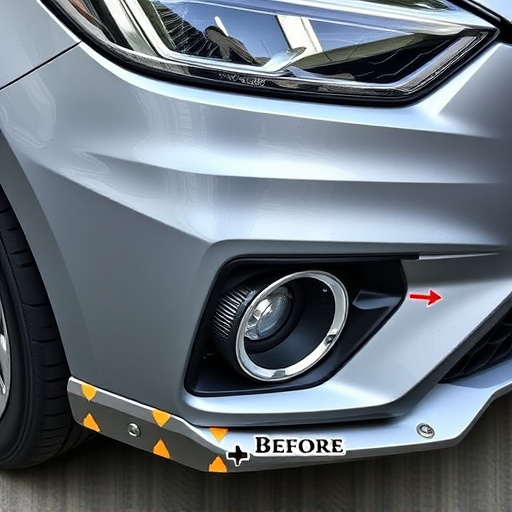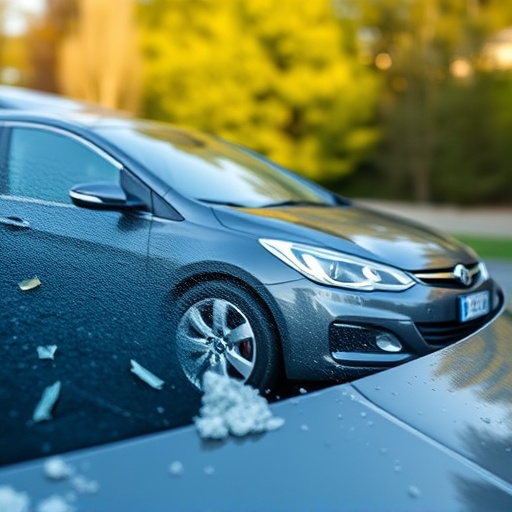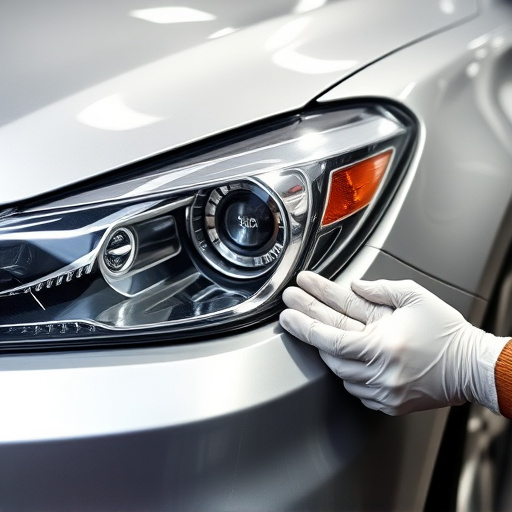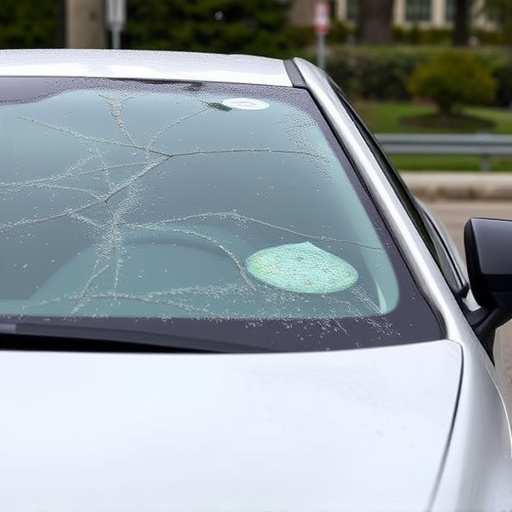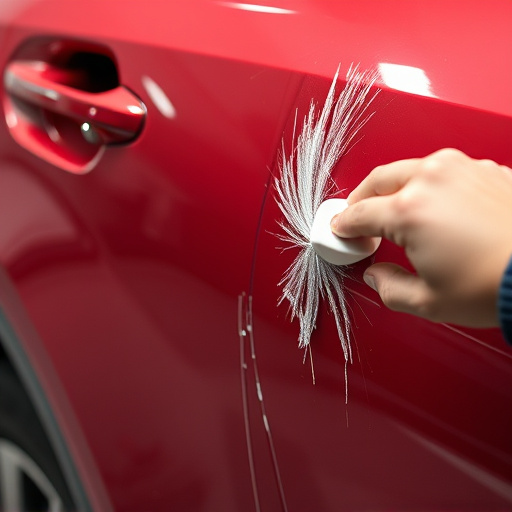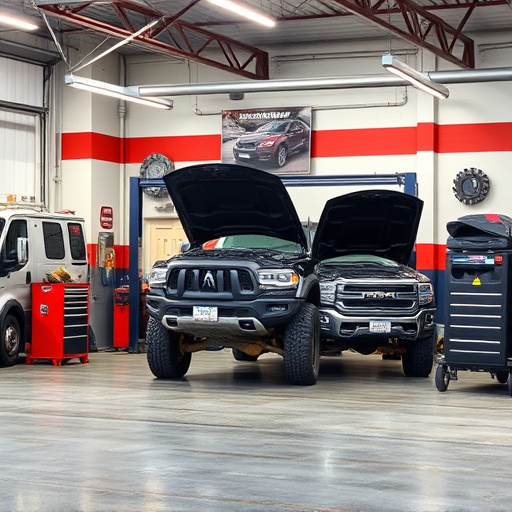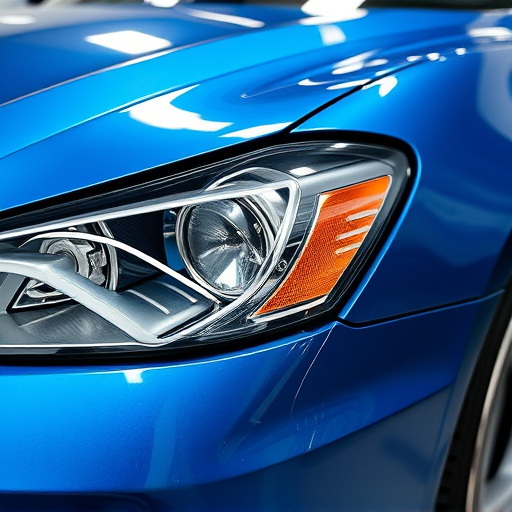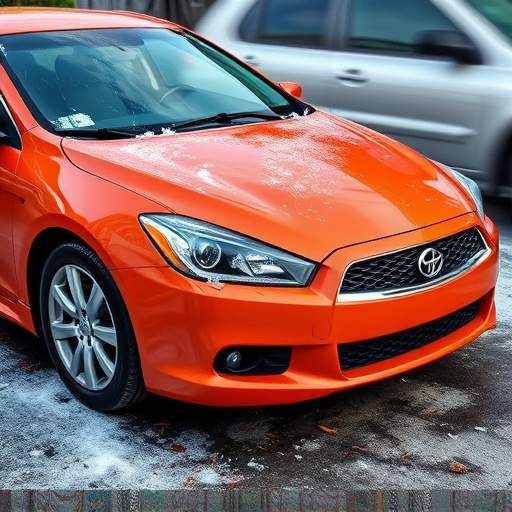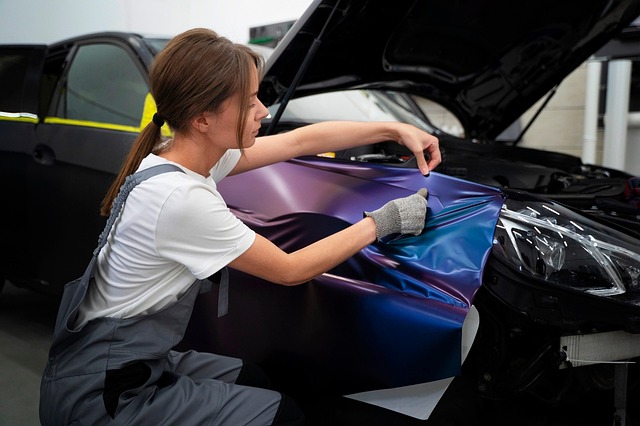Truck collision services specialize in repairing commercial vehicle damage, offering comprehensive assessments and precise repairs using advanced tools and techniques to maintain structural integrity and original aesthetics, from initial inspection to final restoration. Key elements include adequate workspace, specialized equipment, safety protocols, trained staff, stocked supplies, efficient management, and use of technology for accurate damage mapping and repair estimates.
Looking to expand your automotive repair business and cater to the unique needs of truck owners? This comprehensive guide dives into the world of truck collision services, equipping shop managers with essential knowledge. We’ll explore how to seamlessly integrate these specialized repairs into your workflow. From understanding the intricacies of truck collisions to setting up a dedicated workshop, you’ll discover strategies for efficient handling. Get ready to transform your shop into a go-to destination for quality truck collision services.
- Understanding Truck Collision Services: A Comprehensive Guide
- Setting Up Your Shop for Truck Repairs: Essential Steps
- Efficient Process: Handling Truck Collisions from Start to Finish
Understanding Truck Collision Services: A Comprehensive Guide
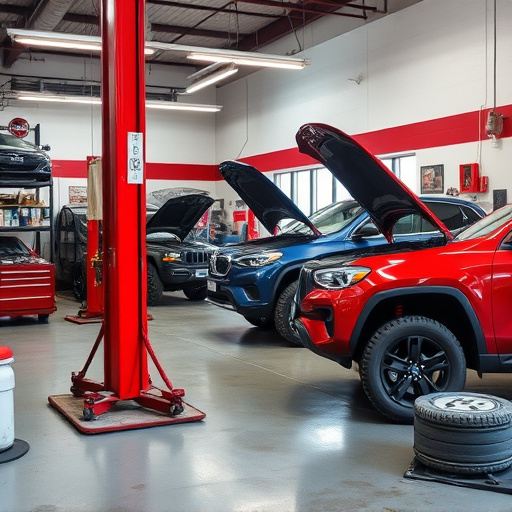
Truck collision services encompass a wide range of specialized automotive repairs tailored to address the unique challenges posed by commercial vehicle accidents. Unlike standard car body shops, these services are equipped and trained to handle larger, heavier trucks, ensuring that every component from the frame to the engine is accurately assessed and restored. Understanding the intricacies of truck collision repair involves recognizing the need for advanced equipment, specialized techniques, and adherence to stringent safety standards.
The process begins with a thorough inspection to identify collision damage repair requirements, which may include dent repair, straightening bent frames, replacing shattered windows, and fixing or recalibrating complex electronic systems. Skilled technicians utilize state-of-the-art tools and diagnostic equipment to ensure precise measurements and accurate repairs. In addition to structural integrity, the focus is on maintaining the original aesthetics of the truck, ensuring it not only drives safely but also looks as good as new post-collision.
Setting Up Your Shop for Truck Repairs: Essential Steps
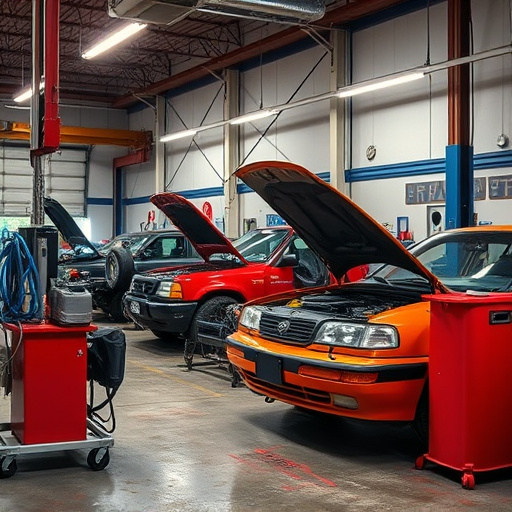
To set up your shop for truck collision repairs, start by evaluating your physical space and equipment needs. Ensure ample workspace for handling large vehicles and specialized tools tailored for truck repairs, such as heavy-duty lifts and impact wrenches. A well-organized layout with designated areas for welding, painting, and assembly streamlines the repair process.
Implement safety protocols and obtain necessary permits to operate a car body shop capable of handling truck collision services. Consider your staff’s training in handling heavy machinery and working with various materials. Stock essential supplies like high-quality paints, primers, and body kits, along with tools for car dent repair and vehicle dent repair, to cater to diverse customer needs.
Efficient Process: Handling Truck Collisions from Start to Finish
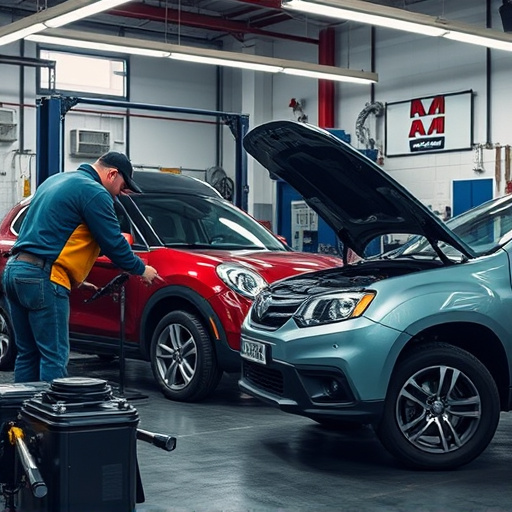
At your shop, efficient handling of truck collisions from start to finish is key. The process begins with a thorough assessment to identify the extent of damage, involving both structural integrity checks and aesthetic considerations. Advanced tools like computer-aided design (CAD) software and 3D scanning can accurately map any dents, cracks, or misalignments, ensuring precise repair estimates.
Once damage is assessed, specialized truck collision services kick into gear. Skilled technicians employ techniques tailored for large vehicles—including advanced dent removal methods, precision welding, and expert car restoration—to restore the truck to its pre-collision condition. This meticulous approach not only guarantees structural safety but also ensures the vehicle’s aesthetic appeal is fully restored.
In conclusion, integrating comprehensive truck collision services into your shop requires a strategic approach. By understanding these services, setting up your shop accordingly, and implementing an efficient process, you can excel in handling truck collisions effectively. Remember that staying informed and prepared is key to providing top-notch repairs and ensuring customer satisfaction within the competitive trucking industry.

